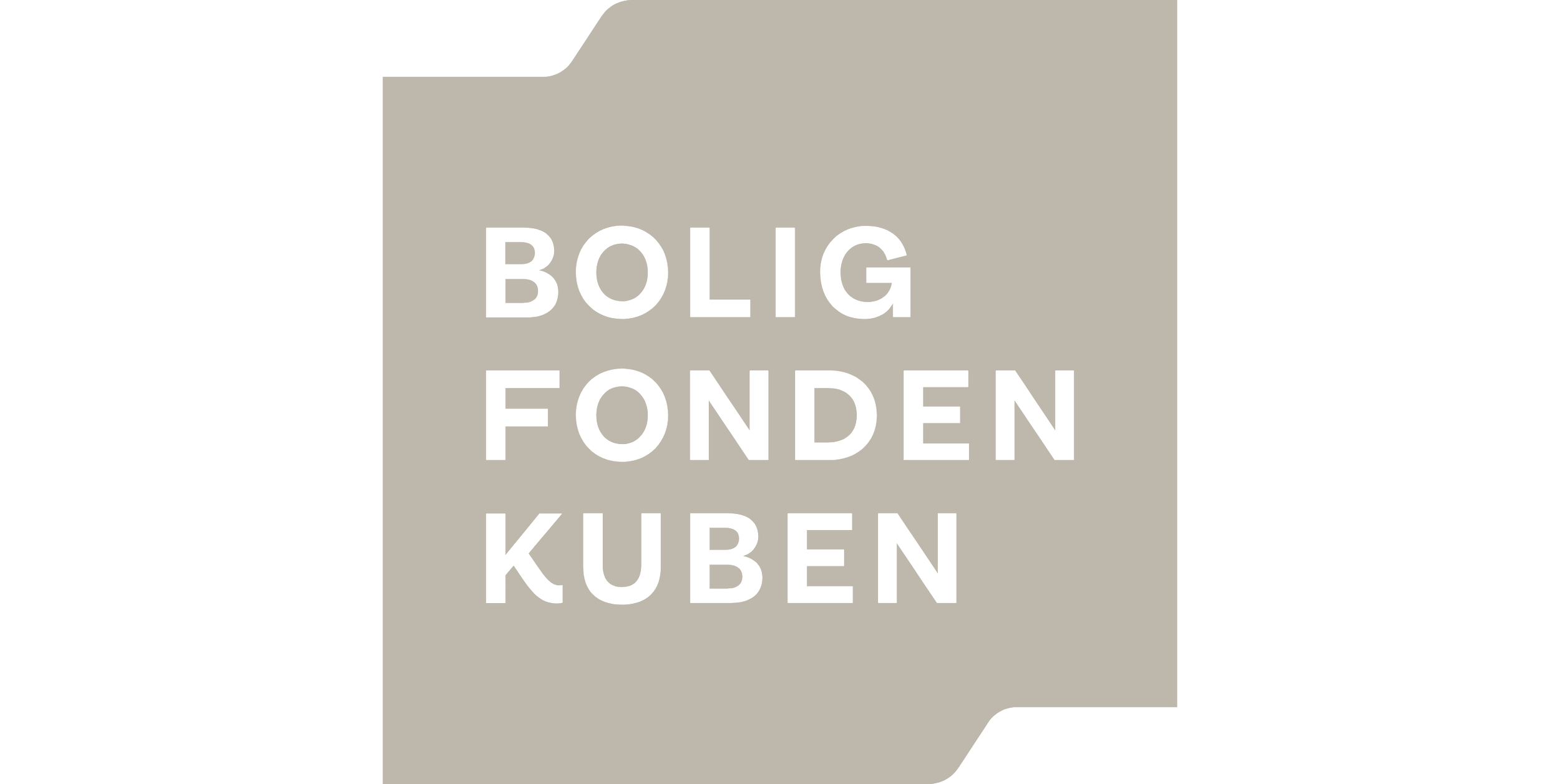Help us build a more sustainable future,
brick by brick.
We’re introducing the MIKA-block, a microbially formed, kalk reinforced masonry unit, binding industrial wood waste with naturally grown binders.
Our Mission
We want to revolutionize construction materials by growing a bio-based structural material.
MIKA-Blocks use a novel method of co-cultivation of fungi and bacteria to bind organic matter from industrial side-streams. With this we aim to ease impact on the Earth through non-extractive input resources, low energy production and cradle-to-cradle material flows.
Technology
Stronger together
The block´s underlying technology, the microbial interaction between fungi and bacteria significantly strengthens the material´s mechanical performance over mono-cultivated mycelium composites.
Our Goals
-
We’re pushing for low energy needs in material choice, procurement and production. Use of regenerative and non-extractive materials from local sources minimized energy needs of material inputs and transport. Natural growing binders further reduce production emissions.
-
>95% of the materials used are sourced from industrial waste streams. This avoids intrusive raw material procurement and minimizes raw-material transport.
Additionally, we’re aiming for a cradle-to-cradle material flow or recycling in tangential productions, reducing production and end-of.life waste.
-
At a density of ~400kg/m3 we propose a material comparable to common lightweight building blocks, with similar utilization and handling.
-
The choice of natural materials without harmful chemicals allows for biodegradability and a healthy building material for humans and the planet.
LJLAB, founded by Lynn Hyun Kieffer and Jakob Sieder-Semlitsch, is an initiative to bring microbially bound composites to the construction sites. With the dire impacts of the construction sector on the world’s climate, we know that building materials and methods have to change. We believe that the time has come for a biogenic materials to take on bigger challenges and that we can contribute to that future with structural microbial composites.
Lynn is an architect and PhD fellow at the Aarhus School of Architecture, Denmark. She has a background in computational design and development of digital fabrication strategies for non-standard materials in architecture. Her mission is to explore viable material strategies, systems and tooling techniques for a more sustainable building industry. In her PhD she explores the relationships between multiple species and how architecture can function as part of that ecology. The project takes place at the border between the bio-lab and the construction site, it envisions the encounter with a living material and maps the entanglements of a living architecture within its environment.
Jakob is a fabricator, architectural designer and tool enthusiast. He has previously taught and researched at the University of Innsbruck, SCI-Arc, the Royal Danish Academy, and is currently engaged at the Arkitektskolen Aarhus. Here he teaches workshops for computational design and making, attends to the school's robots and 3D printers, maintaining existing and developing new fabrication effectors and workflows. His passion towards tools for the production and automation of architecture as well as everyday objects embraces crowd sourced and DIY methods, aiming to find mechanical, virtual and actual solutions to contribute to a more inclusive, sustainably built future.
Supported by:














